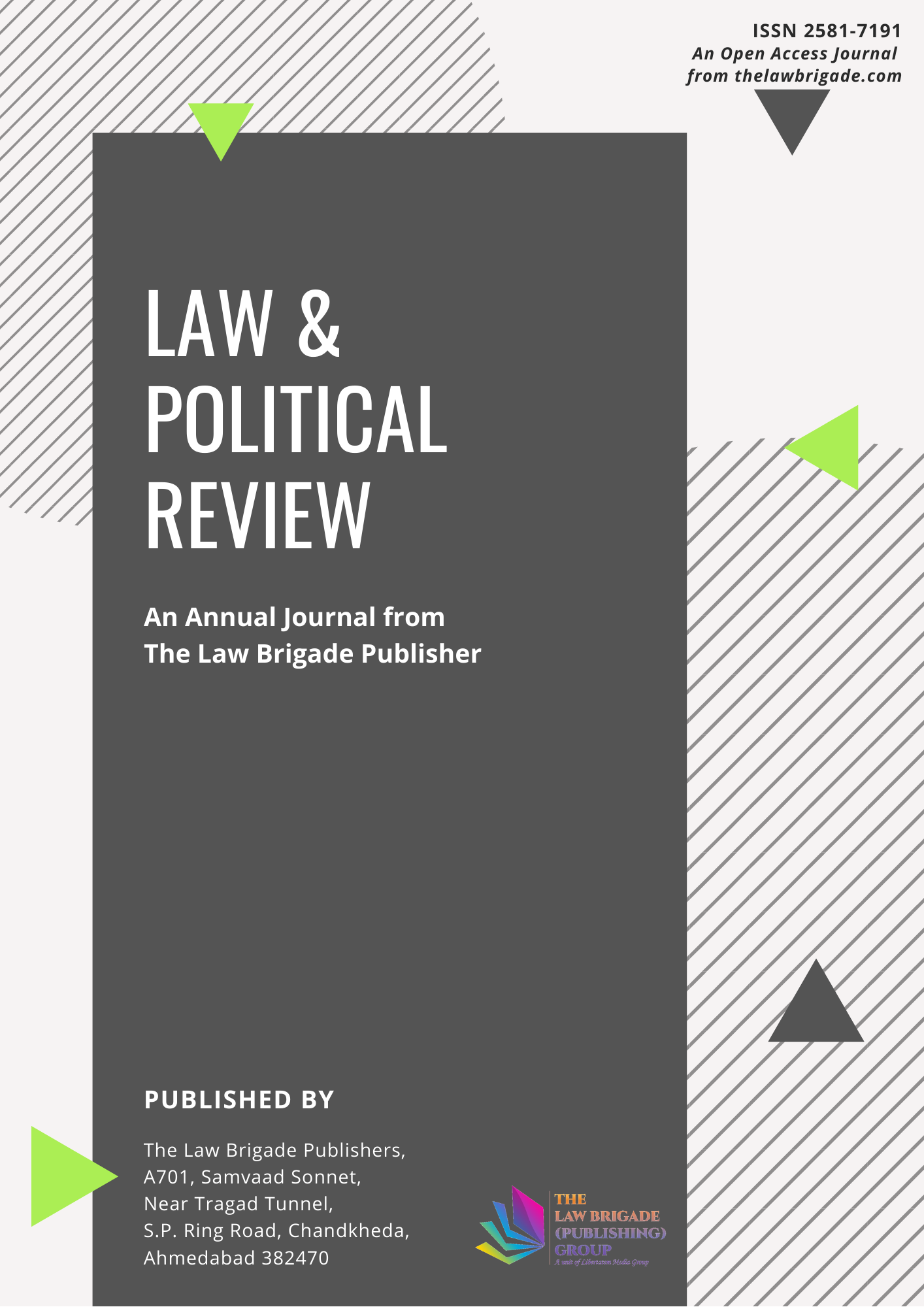The aim of this article is to trace the concept of multitude in Hobbes’ political thought. It challenges the idea that the individuals of the multitude and the people are the same in Hobbes’ political thought. This analysis shows that the contemporary argument that the multitude and the people are mutually exclusive concepts is invalid. Firstly, because there are four, instead of three agents, that are the sovereign, the multitude, the people as the state and the people as the citizens; and comparing the multitude to the people as state, which is a non-person is impossible and fruitless. Secondly, I claim that the people as citizens is a capacity that the multitude gains in its encounters with the state. Thirdly, I claim that the multitude is the only one with agency within the commonwealth apart from the sovereign. Fourthly, Hobbes acknowledges that it holds the capacity of acting against the sovereign’s rule.
A Heretical Reading of Thomas Hobbes: The Multitude
Publication Information
Journal Title: Law & Political Review
Author(s): Zeynep Şimşek
Published On: 28/02/2022
Volume: 7
First Page: 44
Last Page: 66
ISSN: 2581-7191
Publisher: The Law Brigade Publisher
DOI Not Allotted [Get DOI]
Cite this Article
Zeynep Şimşek, A Heretical Reading of Thomas Hobbes: The Multitude , Volume 7, Law & Political Review, 44-66, Published on 28/02/2022, Available at https://lpr.thelawbrigade.com/article/a-heretical-reading-of-thomas-hobbes-the-multitude/
Abstract
Keywords: Multitude, People, Commonwealth, State, Sedition
Share this research
Latest Publications
November 15, 2024





